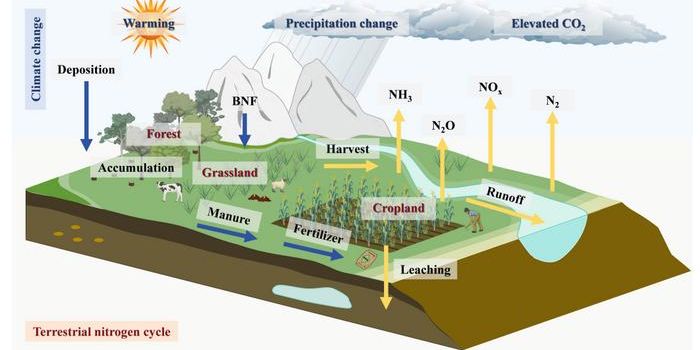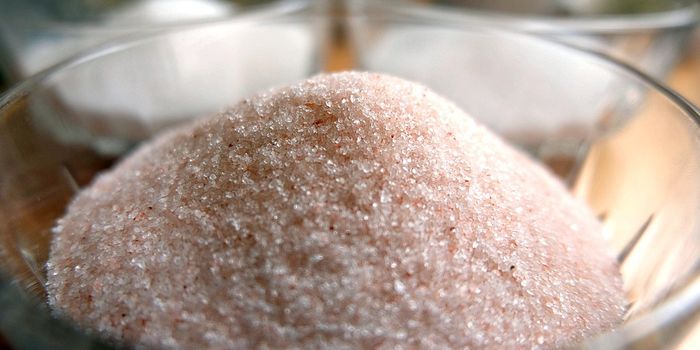Can Scientists Create a Blood Test to Screen for Alzheimer's Risk?
Currently, to gauge the risk of Alzheimer’s disease, patients must undergo brain scans, spinal fluid tests, or mental assessments; all of which can be cost-prohibitive, invasive, or impractical for particular patients. For years, the “holy grail” of Alzheimer’s risk screening has been a blood test. As demonstrated by research groups at the Alzheimer’s Association International Conference this week, scientists are reportedly getting closer to attaining this goal.
The Association’s chief science officer, Maria Carrillo, told Associated Press reporters, “we need something quicker and dirtier. It doesn’t have to be perfect.” Of the six research groups that presented their results on experimental tests so far, one group reported theirs to be 88% accurate in indicating Alzheimer’s risk. More specifically, it correctly identified 92% of people who had Alzheimer’s and ruled out 85% who did not. According to Dr. Akinori Nakamura from the National Center for Geriatrics and Gerontology, these results match the accuracy of three types of brain scans and a mental assessment currently in use.
Dr. Richard Hodes, director of the National Institute on Aging, told AP reporters that the blood tests would be used to choose and monitor patients for federally funded studies; it will take more time to establish the blood tests’ value in routine medical care. The AP article states that doctors suspect that some studies may have enrolled patients with different problems or with too much brain damage from the disease already. A quick and accurate blood test could accelerate and ensure the correct placement of patients in these studies.
Dr. Randall Bateman of Washington University’s School of Medicine told AP reporters that a screening test could be available in just three years. He stated, “everyone’s finding the same thing…the results are remarkably similar across countries, across techniques.” The results of his research on a blood test that he helped develop will be presented later in the conference.
Source: Associated Press








